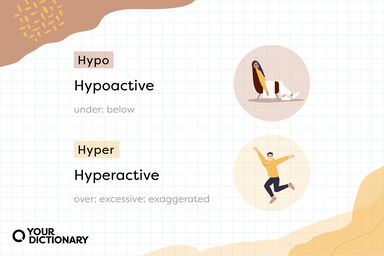Hypoglycemia Definition
hīpō-glī-sēmē-ə
noun
An abnormally low concentration of sugar in the blood.
Webster's New World
Synonyms:
Antonyms:
Other Word Forms of Hypoglycemia
Noun
Singular:
hypoglycemiaPlural:
hypoglycemiasRelated Articles
Find Similar Words
Find similar words to hypoglycemia using the buttons below.

